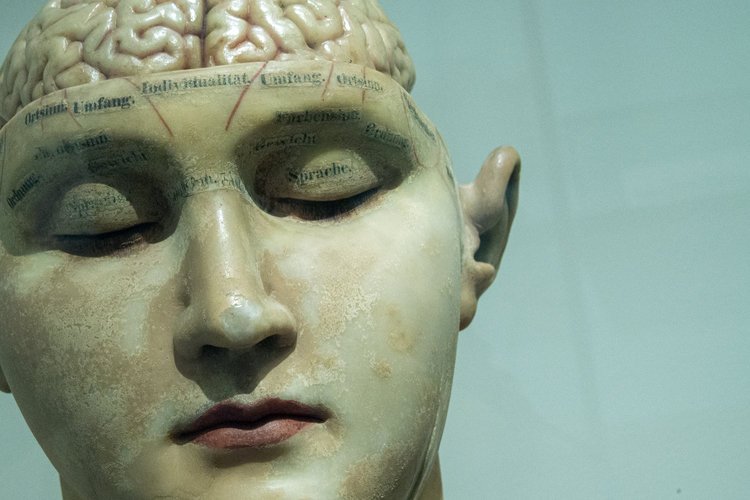The Science of Resilience Part 2
There are more and more studies being done on the brain, related to neuroplasticity, epigenetics and bio-directional communication between the mind/brain and body. These studies indicate too, that Resilience is not a personality trait, it is a learned skill that involves a particular way of paying attention, thinking, responding and behaving.
Stress is not caused by what is happening; it is caused by how you respond to an event. It is a mis-match of what you would like or need to happen versus what is actually taking place. When a stressful event takes place and you ruminate about what is going to happen or what has already happened, you are not present. As an executive, healthcare provider or athlete, you need to be present and objective often putting your personal feelings and thoughts aside to make critical decisions professionally and personally.
You might not be able to change the stressful events that you are dealt, but you can change the way you respond to them by being open and flexible; that is where resilience can make a big difference.
Clearly, with practice and training the neural pathways that regulate your thoughts, emotions and reactions can be rewired. Meditation can be important for moderating and increasing the activity of your prefrontal cortex, your “executive function” or “higher order of thinking” of the brain. The pre-frontal cortex is the link between your ability to plan complex cognitive behavior, personality expression, discernment, decision making, and moderating pro-social behavior, important skills for resilience and leadership.
The good news is that we are all born with a capability for change and the mind/brain can be transformed particularly through meditation and contemplative practices.
And so it is with our intellectual and emotional muscles. The more you use the part of your brain associated with concentration, the easier it is to focus. The more you remain focused, bringing your mind back to being present, the more easily you will remain focused. Scientists call this “use-dependent cortical reorganization.” In other words, the way you use your minds affects how your brain works.
Many of the developments of contemplative neuroscience research that we just glimpsed over demonstrates how meditation affects the brain structurally. Research proves it also changes our bodies by activating the parts of our brain associated with positive emotions which impact long term-illness/wellness. Although meditation works best as a preventative proactive measure, it can also be an effective remedy. Some research suggests that mindful meditation for some may have positive outcomes where pharmacological treatments fall short.
Many individuals think of meditation as some woo-woo type practice, this is why I have taken the time to discuss some of the scientific evidence that is out there today. The study of meditation has long been dismissed as a pseudoscientific self-help technique and is now part of everyday research and academia backed by evidence-based outcomes.
Studies now confirm that, what you think can change your brain and that resilient individuals who recover quickly from adversity do much better.
So, we have undeniable evidence that contemplative practices cultivate well-being and influence the function of the brain.
Considerable research about meditation and its impact on brain changes is being done at dozens of research universities, including Harvard, Yale and Stanford. Dr. Davidson is one of many studies being funded by the National Institute for Health (NIH) and National Center for Complementary and Alternative Medicine (NCCAM). In addition, a meta-analysis of meditation research published by the NIH in 2014, indicates that meditation has positive health benefits. If you would like more scientific evidence, it’s out there.
Let’s take off the Nursing hat and put the Fortune 500 hat back on and look at the cost of stress in the workplace. If you are ready to increase the bottom line and promote focused awareness and creative thinking, take another look at Meditation and Mindfulness with Patricia Forde, MA, RN, contact her at 305.606.2050 or pat@mindhealinginstitute.com.

